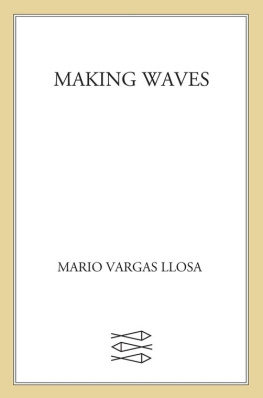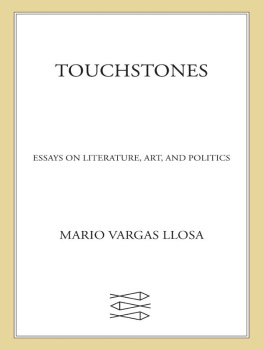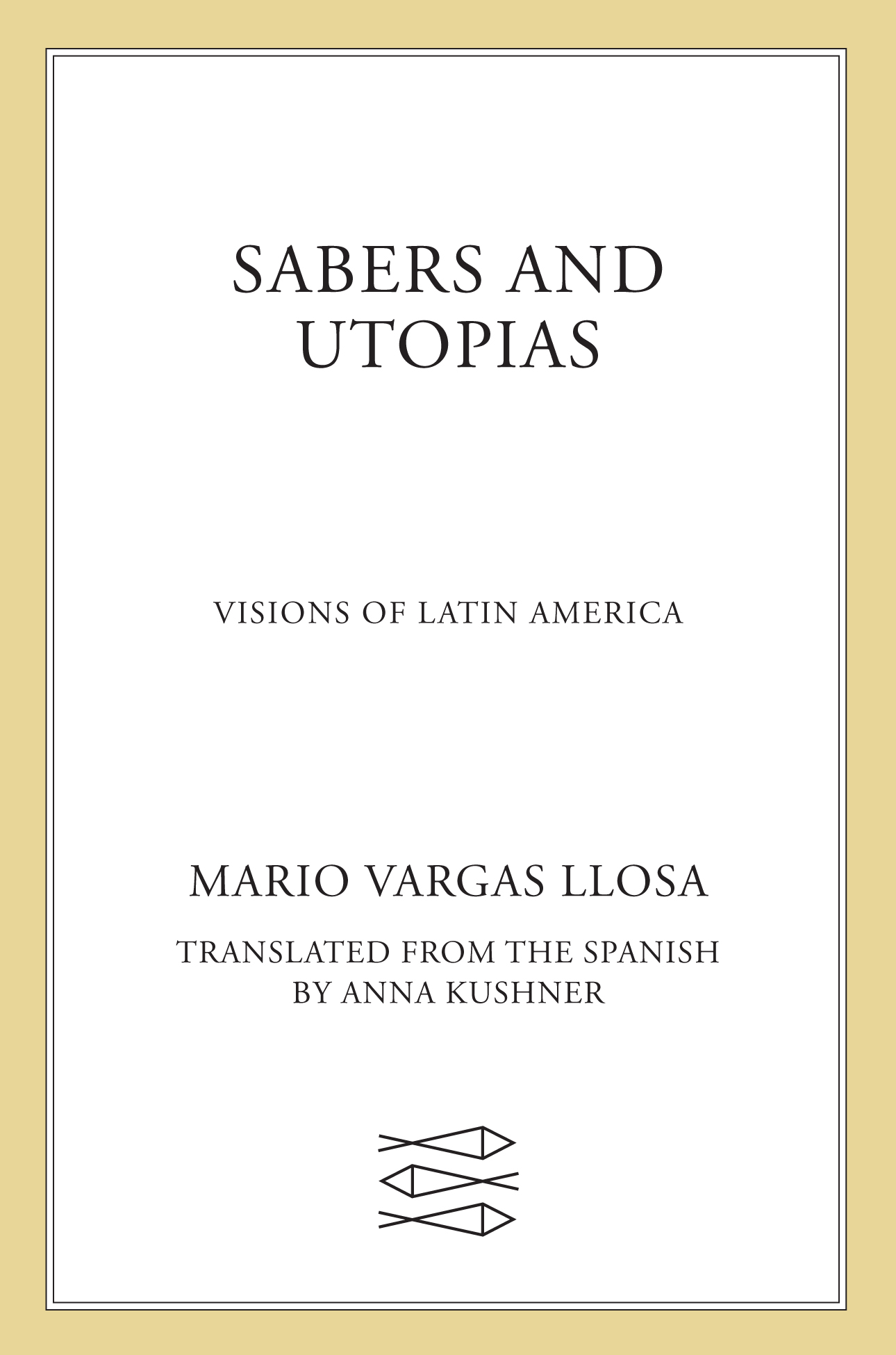Contents
Guide
Pagebreaks of the print version
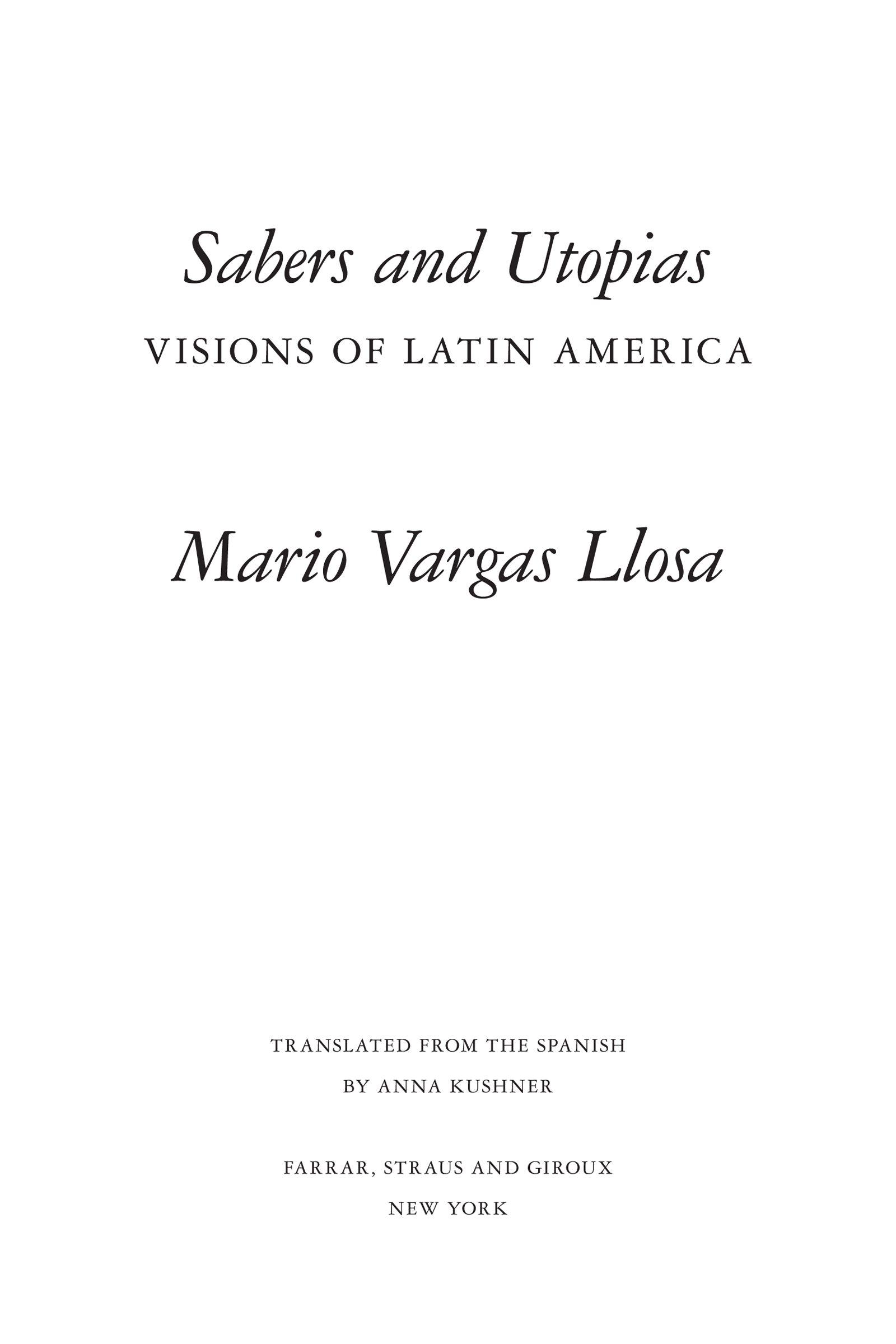
The author and publisher have provided this e-book to you for your personal use only. You may not make this e-book publicly available in any way. Copyright infringement is against the law. If you believe the copy of this e-book you are reading infringes on the authors copyright, please notify the publisher at: us.macmillanusa.com/piracy.
Every April 23, on the date of Cervantess death, we celebrate Spanish Language Day in Spain, a tribute to the tongue we share with inhabitants of about twenty countries, more than 450 million people. In keeping with tradition, cultural events are organized to promote literature written in Spanish. Illustrious representatives of Iberian and Latin American culture are also usually asked to select, from among the thousands of words making up the language, that which they like best. Each time Mario Vargas Llosa has been asked this question, his answer has been the same: freedom .
Freedom is Vargas Llosas favorite word, not only because in Spanish libertad it is a melodic, three-syllable term, but also because it is a value that from very early on allowed him to orient himself in the turbulent modern world and undertake varied cultural, social, and political battles. A very close concept, liberal, is the one that best defines his political positions. Although it is true that depending on the country, a liberal person could be progressive, a defender of the free market, or even a socialist, Vargas Llosa is comfortable with that definition. To him, freedom is indivisible and should be an essential value in an individuals private sphere as well as in a countrys public life. In the same way that he defends free trade and open markets, he is also in favor of legalizing drugs, gay marriage, and a womans right to have an abortion. His liberalism is one that places above other values the freedom of the human being to think, opine, believe, live, and produce without the coercion of external powers, taking as its only limit the legal framework that governs coexistence in societies.
The path that led him to the positions he maintains today has been long. It began in the most complex years of Latin American history, years in which military dictatorships suffocated democracy and armed revolutions promised to bring heaven on earth. A period of sabers and utopias in which the right as well as the left fought intense battles, but none of these for democracy or individual freedom.
In this atmosphere, Vargas Llosa began to forge his political thinking and his visions of Latin America. All have been captured, like the rings inside a tree, in an enormous quantity of essays, chronicles, letters, and conference papers that began to accumulate at the beginning of the 1960s. This volume seeks to illustrate this journey, bringing together essays written over the course of more than fifty years that not only reveal Vargas Llosas intellectual journey but also touch on the major events that have marked Latin Americas recent history. They are organized not by chronological order but by theme, showing the battles that Vargas Llosa has fought for freedom, from his head-on opposition to dictatorships, his hope for and later disillusionment with revolutions, his criticism of nationalism, populism, intolerance, and corruptionthe greatest threat to the credibility of Latin American democraciesall the way to the discovery of liberal ideas, the unmitigated defense of the democratic system, and his passion for Latin American literature and art.
Just like the characters in his novels, who tend to be the embodiment of one of those blind forces in nature that lead the human being to carry out great feats or cause terrible cataclysms, Vargas Llosa has been an instinctive defender of freedom, always conscious of the ideas, systems, or social reforms encroaching on the contours of individual autonomy. His criterion for measuring the climate of a societys freedom has always been the same: the space that is given to writers to freely express their ideas. In the 1960s, when Latin American stories were revolutionizing things and he defined himself as an engaged intellectual, his first forays into public debates were guided less by political doctrines than by literary intuitions. Although he was influenced by Sartres ideological positions, his youthful ideas regarding what a free and just society should be came, in great part, from reflections regarding the job and social role of the writer.
It was always very clear to Vargas Llosa that freedom, that requirement without which the novelist cannot develop his interests and obsessions, was vital for a rich cultural world where the debate of ideas would facilitate Latin Americas transition toward modernity. Only with full freedom to criticize, love or hate the government, nation, or political system that took him in, could the writer give form to that personal product, so largely irrational, and always fermented by passions, desires, individual loves and phobias, that was the novel. The results of bowing down meekly before external powers or political causes could only be servile praise for the tyrant of the moment or the skillful burden of engagement. In The Role of the Intellectual in National Liberation Movements, an article that was published in 1966, he expressed the tensions that should be borne by a novelist whose conscious engagement tied him to a political cause. If personal demons and public causes coincided, it was a happy coincidence for the creator. In the opposite case, the novelist should assume the internal tearing apart and remain loyal to his literary vocation.
In the 1950s, a decade in which Vargas Llosas youthful flirtations with literature were becoming a marital engagement, the symbol of the oppression of the spirit and the reduction of freedom was the dictator. In Peru alone, in the first half of the twentieth century, there had been five military coups dtat, which, together with six more that would bloody the countrys political life in the following decades, until the untimely attempted escape of Alberto Fujimori, would yield a total of almost sixty years under authoritarian regimes. This foul and sordid atmosphere, causing frustrations, skepticism, and moral apathy, had an overwhelming presence in Vargas Llosas first three novels. The Time of the Hero , The Green House , and Conversation in the Cathedral , published, respectively, in 1963, 1966, and 1969, were great fictional constructions in which he made a detailed analysis of Peruvian society, revealing the consequences of militarism, machismo, religious dogmatism, or any other form of irascible power that held sway over people. Whether it was in military academies, brothels, missions, jungle areas, or bourgeois surroundings, it always ended badly for Vargas Llosas characters, who were spiritually weak, submerged in the most abject mediocrity, or turned into something they didnt want to be.
Although these novels were great imaginative creations, inspired more by formal and literary ideals than by ideological engagement, in them you can see the mental and moral universe with which Vargas Llosa interpreted Latin American reality in the 1960s. The essays that he wrote in those years were a conscious echo of the revolutionary longing brewing in his narrative works. If in Toma de Posicin, a 1965 manifesto, he expressed his support for national liberation movements, in his novels he allowed one to make out that only the collapse of the capitalist system and the corrupt bourgeoisie could break the vicious circles that prevented Perus advance toward modernity.


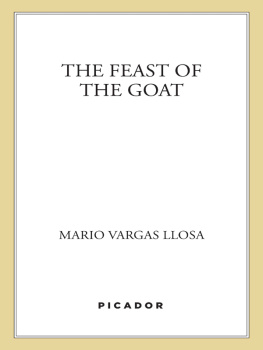
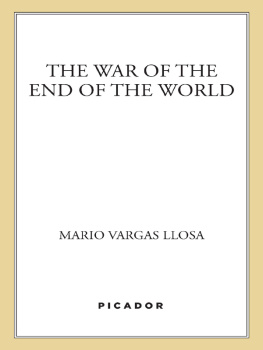

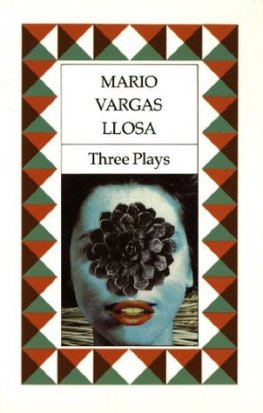
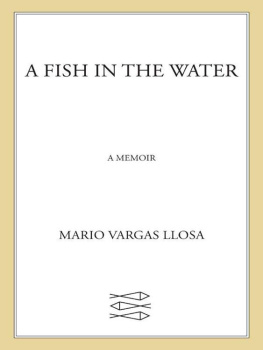
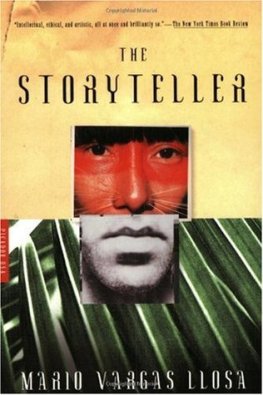
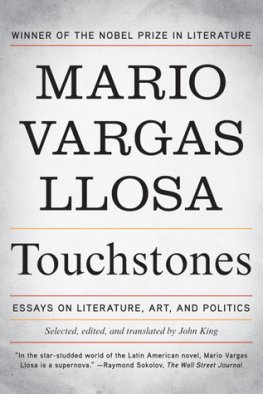
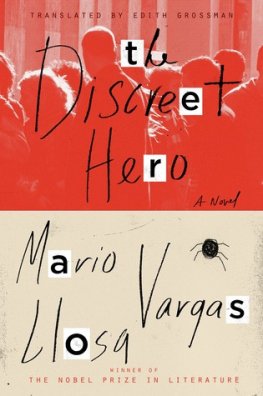
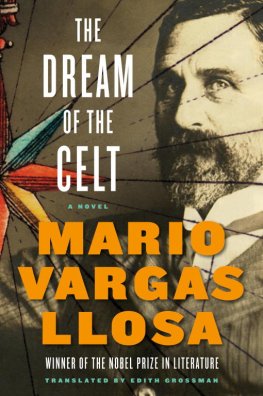
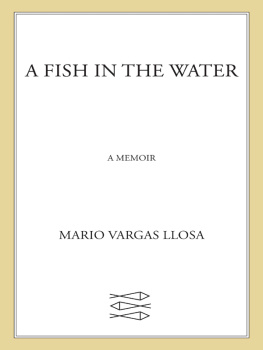
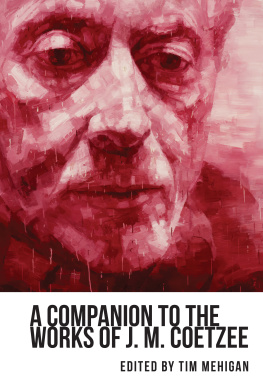
![Mario Vargas Llosa [Mario Vargas Llosa] - Captain Pantoja and the Special Service](/uploads/posts/book/142220/thumbs/mario-vargas-llosa-mario-vargas-llosa-captain.jpg)
